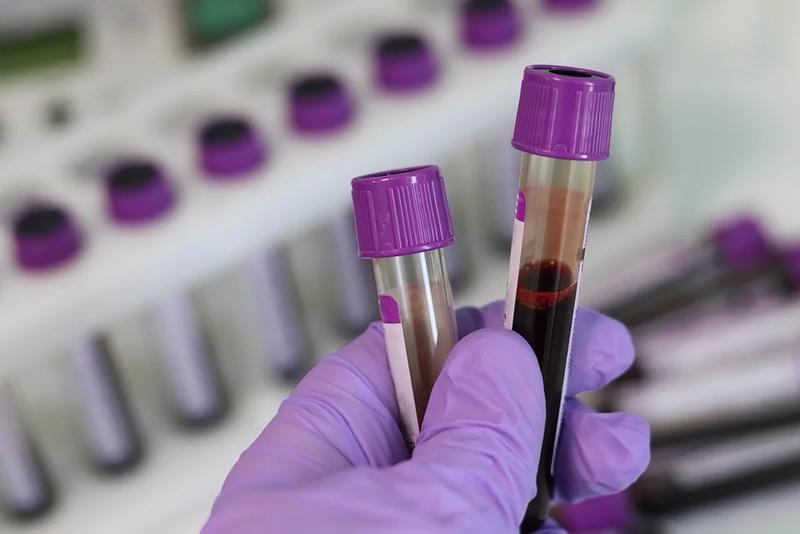What Does a High MCV Count Indicate?

A high mean corpuscular volume (MCV) count means your red blood cells are larger than normal. Some reasons for this may include liver disease, hypothyroidism, vitamin B12 deficiency, and folic acid deficiency. It can also mean there’s nothing wrong with you at all. Menstrual cycles, diet, exercise, and other lifestyle factors can impact your MCV count.
Red blood cells are the cells in your blood that are responsible for carrying oxygen from the lungs through your body. The bone marrow produces the cells, and they are filled with hemoglobin. Your blood also contains white blood cells and platelets.
What Are Red Blood Cells?
Who Should Have Their MCV Count Tested?
Your doctor may test your MCV during a routine physical exam, or he or she may test it to help determine why you are exhibiting certain symptoms. Fatigue, pale skin, cold hands and feet, bruising, and unusual bleeding are all mild symptoms that may lead a doctor to order testing. More severe symptoms may include shortness of breath, heart palpitations, headache, yellow skin, rapid heartbeat, and chest pain. If you already have a medical condition that can impact your MCV, your doctor may require testing to monitor the condition. He or she may also test it regularly if you’re undergoing medical treatments for a disease like chemotherapy or radiation for cancer.
How Is MCV Count Tested?
Doctor’s don’t typically perform a special test for MCV. Instead, it’s part of a complete blood count (CBC) test. The test is simple. A doctor or nurse inserts a needle into a vein in your arm and withdrawals blood. He or she then places it into a vial and send it to a lab for testing. Depending on where the testing takes place, you may receive results back within an hour, or it may take several days. For example, if you’re in the emergency room at a hospital, a doctor can typically access your results quickly. If you’re at a clinic or doctor’s office, you may need to wait several days for your results.
What Else Does a CBC Test?
A CBC is more than just an MCV count. Among other things, it measures the amount of red and white blood cells you have, it measures the amount of hemoglobin in your red blood cells, and it measures the amount of platelets you have, along with your hematocrit.
What Does a Low MCV Count Mean?
If a person has a low MCV count, it means they have red blood cells that are smaller than average. This is usually an indicator of a type of anemia. Iron-deficiency anemia is the most common cause. A low MCV count is also common in blood disorders like thalassemia. As with a high MCV count, the results could mean nothing is wrong at all. A woman’s menstrual cycle and a person’s lifestyle, especially diet, could all play a role in raising or lowering your MCV count. If your count is low or high, your doctor will order further testing or take a look at any other symptoms you may be experiencing.





